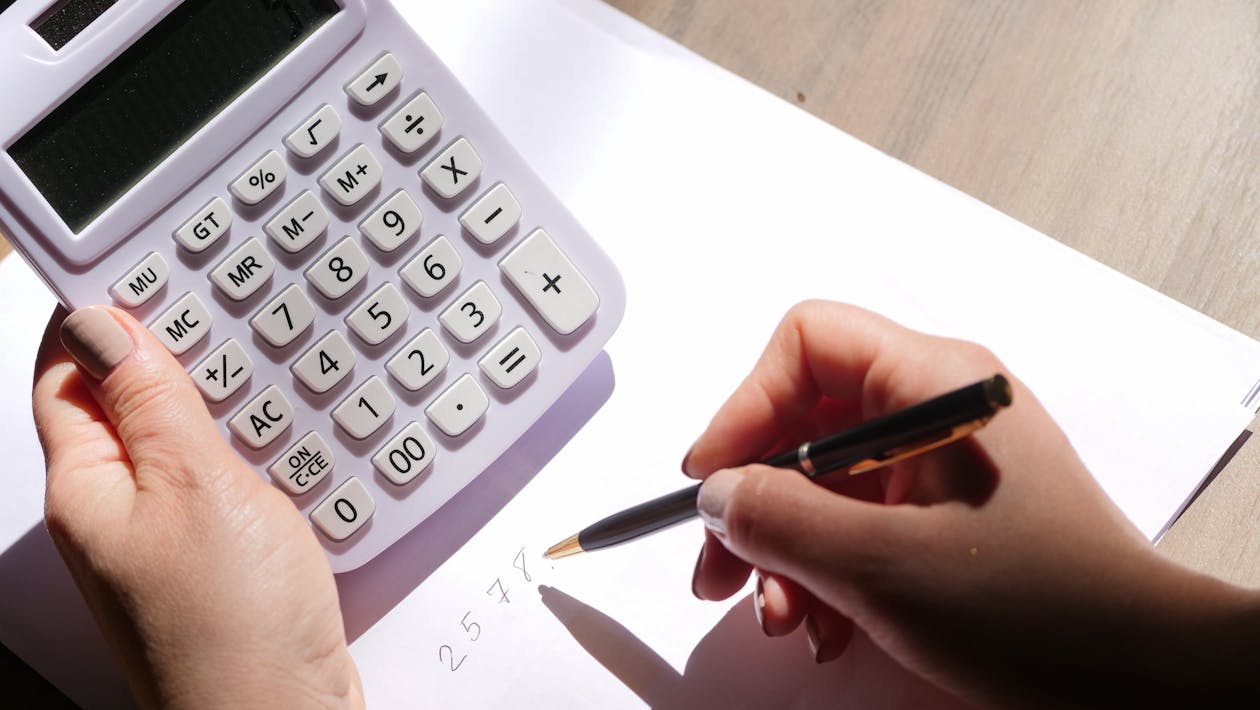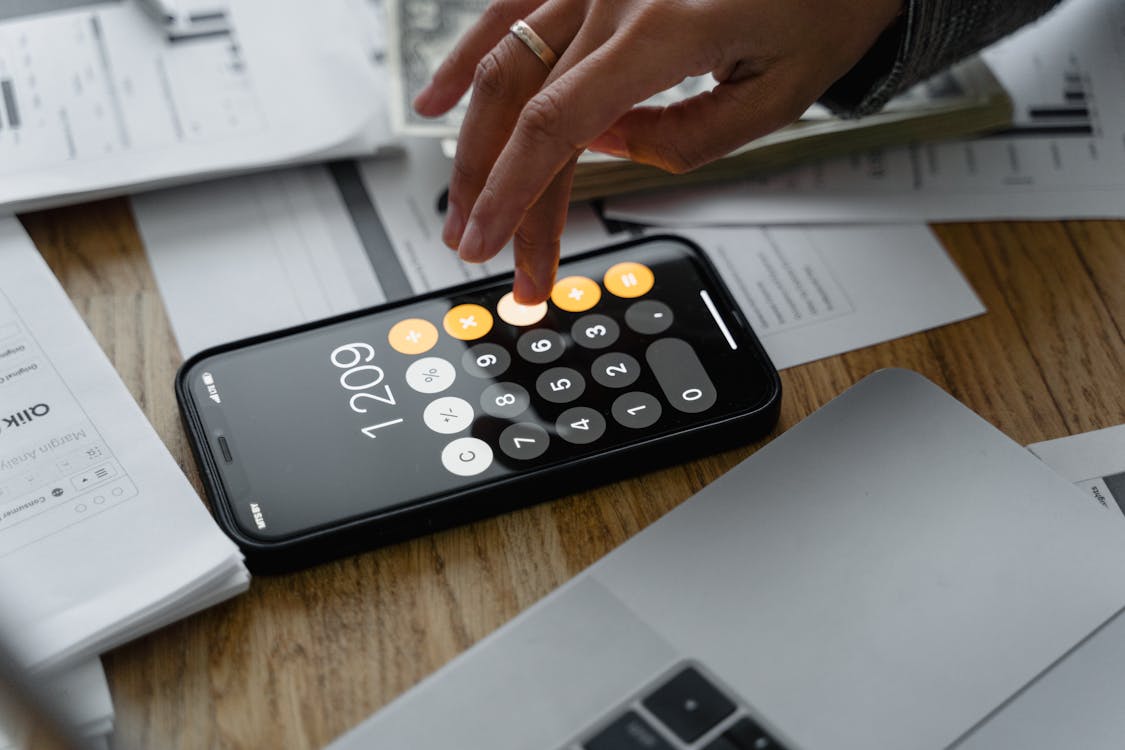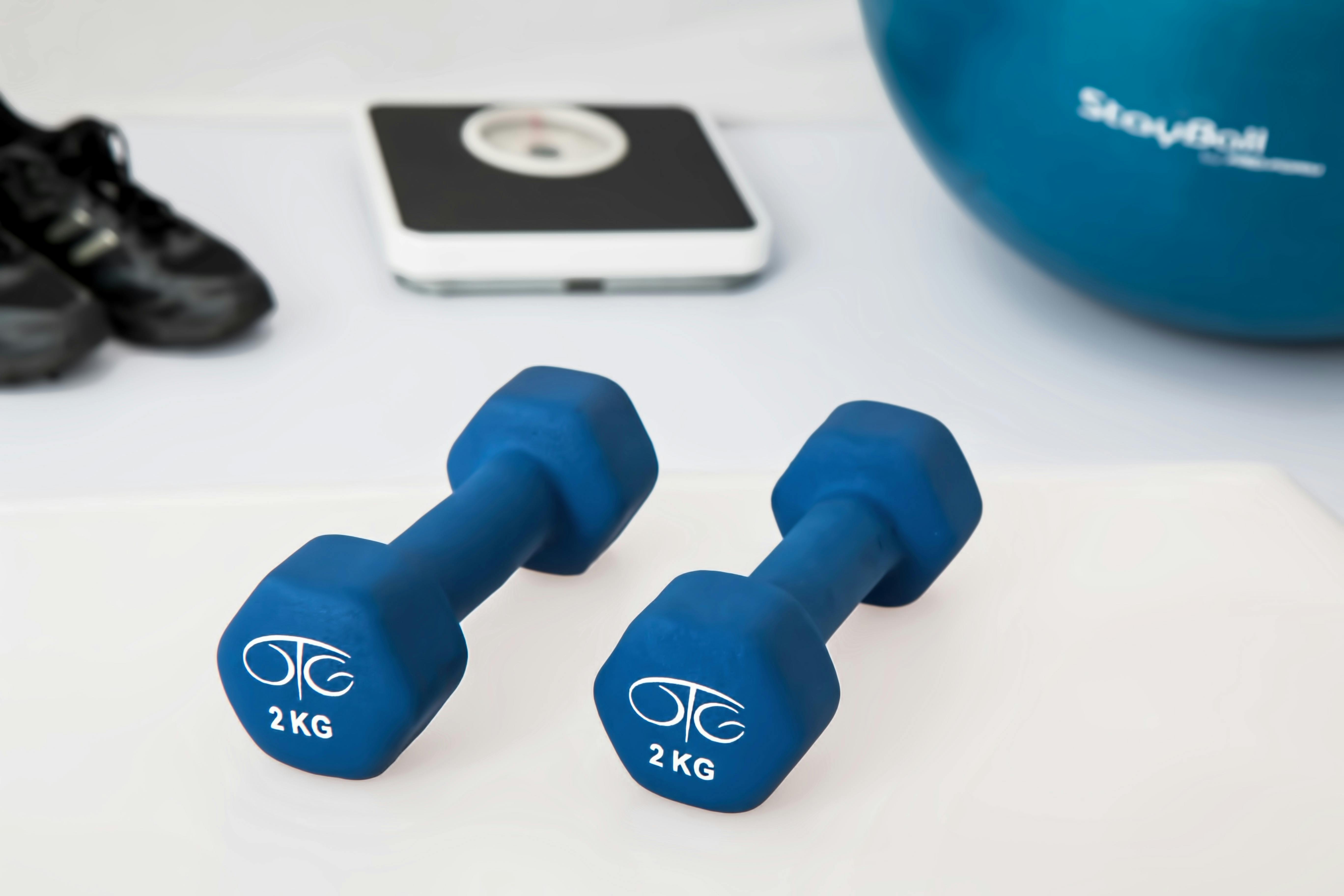An old myth says it takes 21 days to create a habit, financial or otherwise. If it were that easy, we’d all be expert budgeters and savers by now.
The truth is, it takes so much more than that — and there’s no accurate way to really know how it takes to sustain a behavior for it to last. Nevertheless, it’s undeniable that we Adulting Pinoys would benefit significantly from forming powerful financial habits when dealing with our finances.
Saving your money is one thing, but there’s plenty more you can do for our wallets. In this article, we will talk about seven powerful financial habits to improve your financial health.
7 Powerful Financial Habits to Improve Your Finances
Set Life Goals

Life goals are more significant targets than simply the `things we do to get through the day. Unlike short-term objectives, they dictate our actions in the long run.
There’s no set definition for a life goal, and they don’t even have to be strictly financial or scientific. However, they guide us towards a life we want to live through our virtues by telling us what we truly want to achieve with our lives.
Life goals can change, too. If you’re one of those people who knew what they wanted to do by the time they hit six years old, good for you! But for many of us, our life goals can change based on where we are in our journey through life.
Nevertheless, setting life goals is an essential aspect of our financial health because it helps us determine where we should focus our precious resources. If you have a life goal, it’s easier for you to know whether you’re spending your time and money wisely.
You just need to ask yourself, will this bring me closer or further away from my goal?
Make a Budget

Budgeting is critical for your finances. Period.
A set living budget to achieve X amount of wealth in Y time with a Z of expanding potential is a good idea. It helps you measure your expenses with your income and keep you from living beyond your means.
Remember, what can be measured can be controlled. Thus, the best way to control your money is by making a budget.
How to make the best budget plan.
We talk all about budgeting in our Ultimate Guide to Budgeting. Here are the steps you need to take.
Your plan must revolve around these core factors:
- Determining your budget type.
- Assessing your “four pillars” (Assets, Income, Debts, and Expenses)
- Allocating your resources.
- Tracking every peso of your money.
- Confronting and solving problems when they arise, and
- Being kind and patient with yourself.
Track Your Spending

Tracking your money is a part of creating a budget.
From big purchases down to transportation costs, you need to know exactly where it is your money is going. It can be somewhat of a hassle when you’re just starting, but it only takes some getting used to and you’ll be reaping the rewards.
The amount of self-restraint and willpower it takes to stick to and record your spending is enormous. That’s how you know you’re reaping awesome rewards as well! This skill can hold you back from falling into the trap of instant gratification and help you resist the urge to splurge.
How to track your spending
These are some ways to record your expenses with the least amount of stress.
- Get a budget journal or app.
- Record your expenses at a set hour every day (for example, getting home from work, before dinner, etc.)
- Remember, income minus savings equals expenses.
- Identify the factor with the biggest expense and pay closer attention to that.
- Know when to reward yourself
Create Automatic Savings

An automatic savings account is a type of plan where a set amount automatically gets deposited to another bank account, usually either every payday or every two weeks.
This will happen at a specified time interval, which you can usually set on your bank account’s mobile app or web page.
But what’s so good about an automatic savings account? There are a few reasons.
- Convenience. You don’t have to keep track of making manual transfers
- Habit creation. Saving becomes a habit sooner because you’re used to saving without thinking about it. It’s easier to set your savings aside before listing your expenses.
- Discipline. You have fewer temptations to fight. Setting up your savings account prevents overspending.
How to set up a savings account
The easiest way to set up an automatic savings account is to check with your banks if they offer those types of plans. Though some might not have such a feature, most modern bank accounts do.
It is easier, considering it is under the same management as your account. The process is usually quick since they already have the necessary information.
Invest Your Money

An investment is a calculated risk-taking activity. You give up your resources now in exchange for the possibility that it bears greater profit in the future.
A valuable investment requires greater financial and personal sacrifices, a sharp eye, and an alert mind for seeing the value of something and calculating its projected value.
It’s said that investing your money is one of the most financially-sound decisions you can make. It helps you grow your money so that you can expect more from the future, like savings that end up being more valuable the longer you let it sit.
More than that, it also trains our minds to adopt crucial monetary values, such as prioritizing the future and discipline.
How to make the best investments
Here are some tips to safely start your investing journey.
◉Prioritize your safety. Do not invest funds you are unwilling or cannot afford to lose. So many people make the mistake of getting into debt to “invest.”
Remember that investments are still risks, no matter how calculated it is. If you cannot afford the consequences of your risk, you better not invest.
◉ Diversify your investments. Don’t put all your eggs in one basket, as they say. When you can, invest in multiple things across multiple industries. This way, even if some of your investments fail, the others still have a chance.
◉ Learn continuously. Investing is not a one-and-done arrangement; you need to adjust to advancements and opportunities. Plus, there are just so many more things to learn.
◉ Make safe investments. When investing in something, check its legitimacy. Check if it is registered under a government agency, such as DTI or SEC, and whether it has the necessary permits to back it.
This usually won’t be a problem with mainstream investments, such as the stock market. However, if you’re looking for uncommon investment opportunities, you should definitely do this.
Pay Extra on Your Debt.

Clearing debts soon stops them from increasing interest and ballooning to uncontrollable proportions.
This is an obvious fact, and many people know it, but for some reason, most are not inclined to pay off their debts as soon as possible.
Paying off your debt means being free from the risk of a heavy financial burden. If you’re constantly in debt, you’re not free to do as you want, when you want it.
More than that, lowering your debts, especially on credit cards, also helps improve your credit score. This way, you can actually borrow more money only when you need to, such as real emergencies or calculated business moves. You can’t do this when you’re saddled with heavy debt.
Paying off debts will allow more cash flow so you can have more money to save and invest, something everyone should strive for.
Take Care of Your Health

Health is the first domino to everything else we have lined up in life.
Once it falls apart, we only have to watch as everything else follows suit. Health problems can disrupt our routines, interfere with our plans, negatively affect the people around us, and drain our hard-earned money — so it is only fitting that we put it on our list.
More than that, a healthy mind and body can boost productivity – being at the peak of health pushes you to do more than what you expect of yourself.
Simple ways to stay healthy.
Of course, taking care of our health is easier said than done.
Nevertheless, health is crucial to our financial management, so we need to do our best to be in tip-top shape as much as possible — especially with the health crisis around us today.
Here are a few tips on how we can improve our health in simple ways.
◉ Start small, but do something. The most common form of defeat is simply staying still. Everything else is better than just sitting all day or eating junk food all the time, and it doesn’t have to be grand.
Stretch regularly, drink more water, go on walks. Think of ways to simply move more and put more healthy things in your body.
◉ Get proper sleep. This is a prevalent illness of our technologically over-exposed generation; we never get enough sleep. Some of us might have valid reasons, but for the most part, we stay awake merely because we forget to fall asleep.
Sleep is a healthy habit, and like all habits, it has to be practiced to be more effective. Commit to a consistent sleeping schedule, avoid using gadgets on your bed, and wind down effectively.
◉ Be health-conscious. Perhaps the most critical thing in this list of tips; simply being aware of how your health affects you is already a huge plus. This is the foundation of every exercise and self-improvement effort, so think deeply about where your health sits on your list of priorities.
Financial Habits: The Building Blocks of Your Financial Freedom

Personal finance is crucial if we want to live the best life we come, but it sure doesn’t come as easy. Maintaining healthy finances takes knowledge and practice, all of which take the right behavior to succeed.
Forming habits help us lessen the mental load. The more habitual a thing becomes, the less effort you need to do it, and we can devote our mental energies to the next challenge.
Thus, consciously build up the following habits to solidify your finances.
- Setting life goals.
- Making a budget.
- Tracking your spending.
- Automating savings.
- Investing your money.
- Clearing your debt, and
- Taking care of your health.
If you want to learn more about personal finance as an adulting Pinoy, be sure to check out our other blog posts here!









